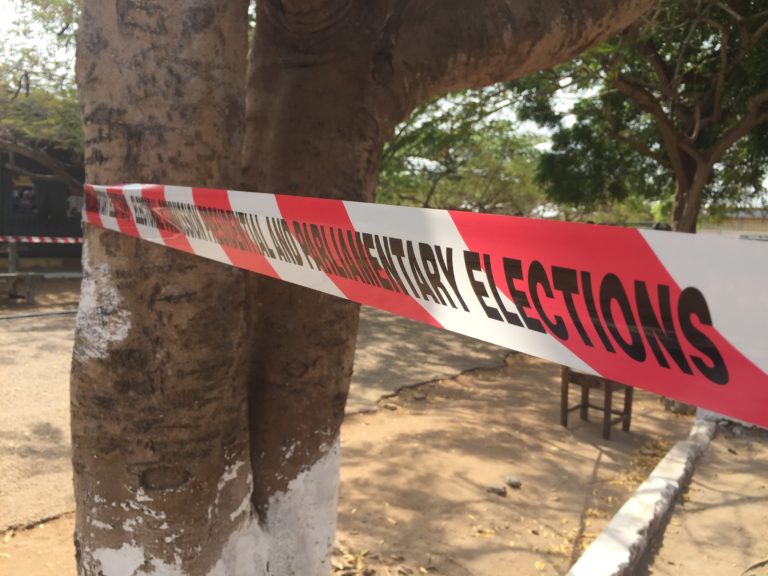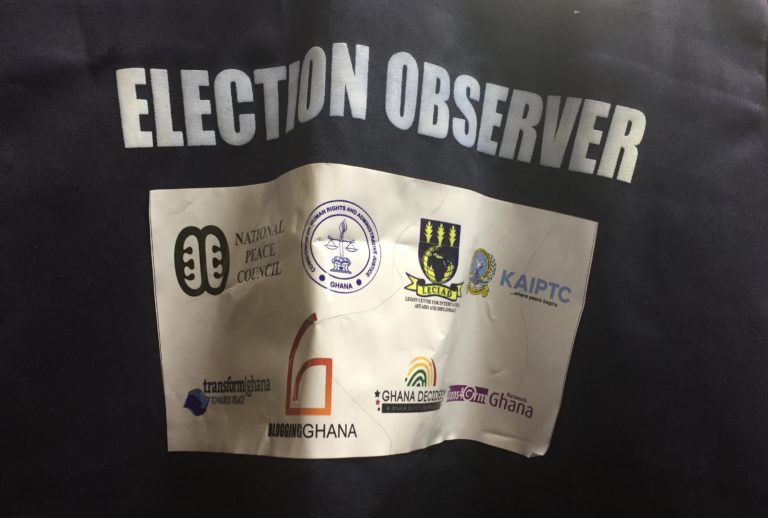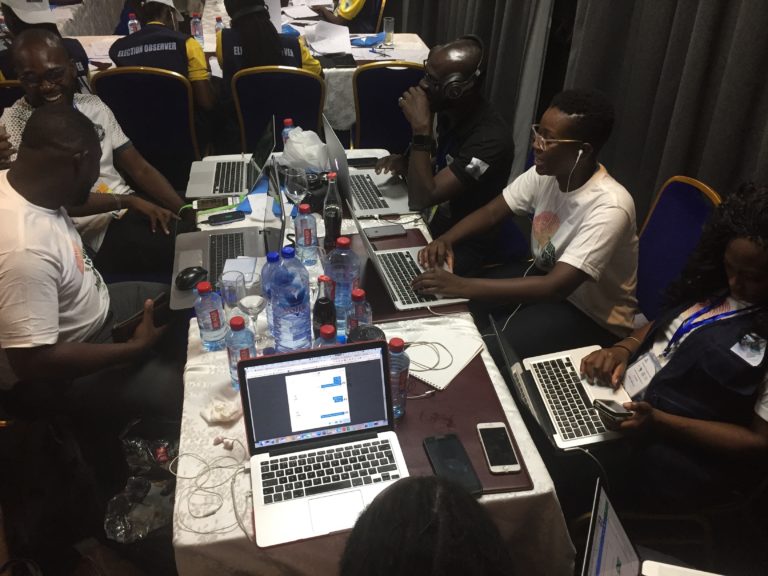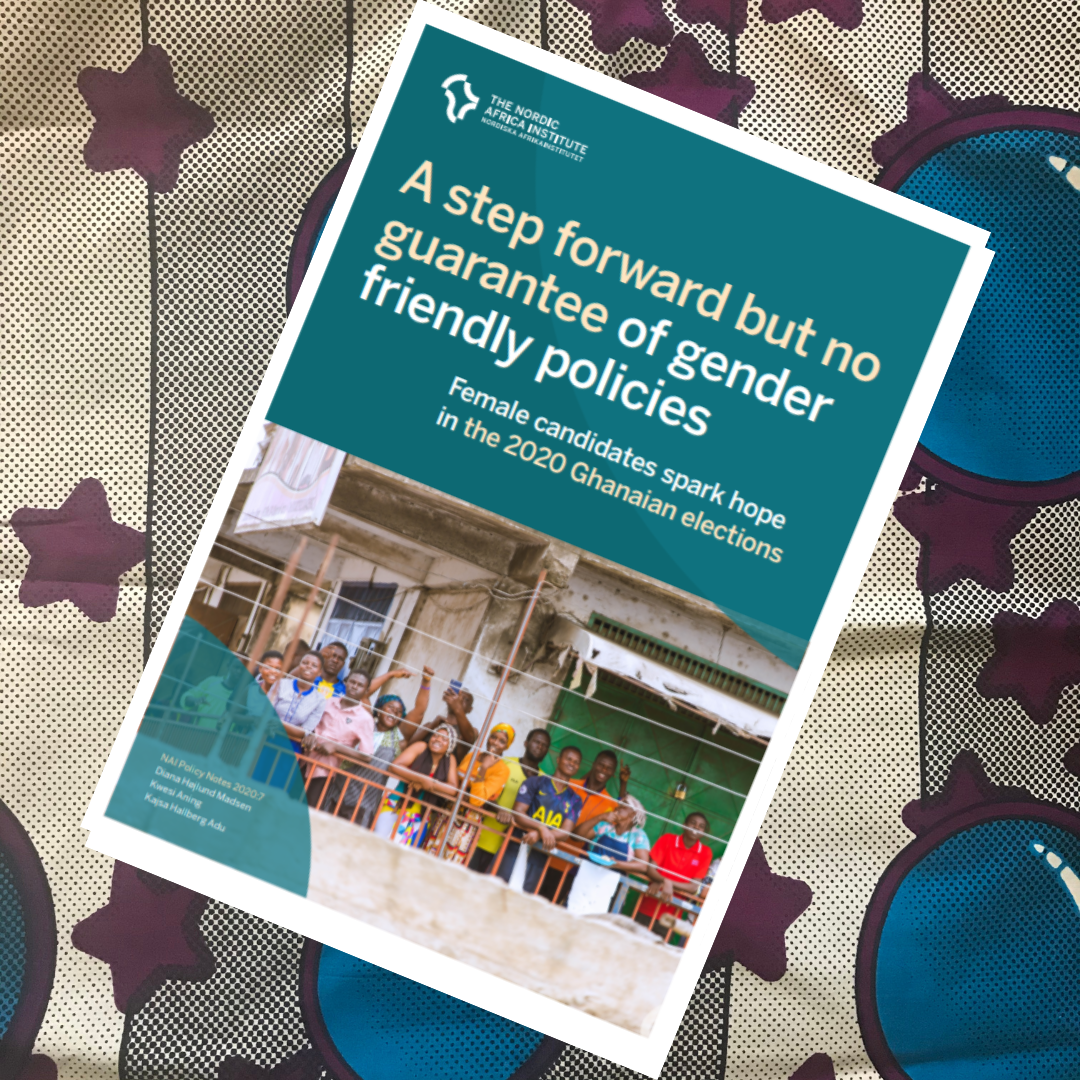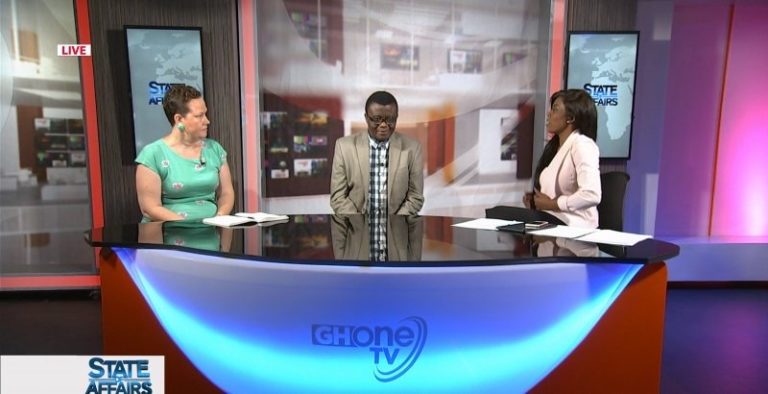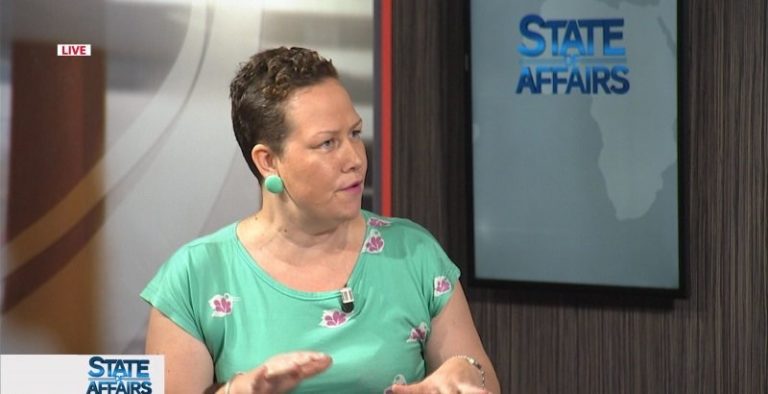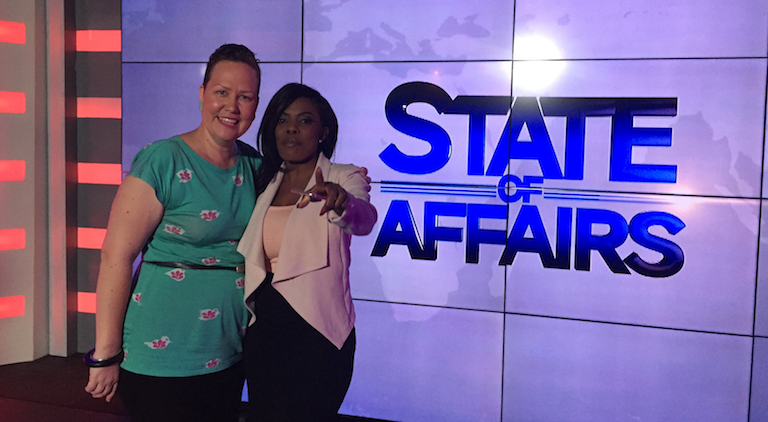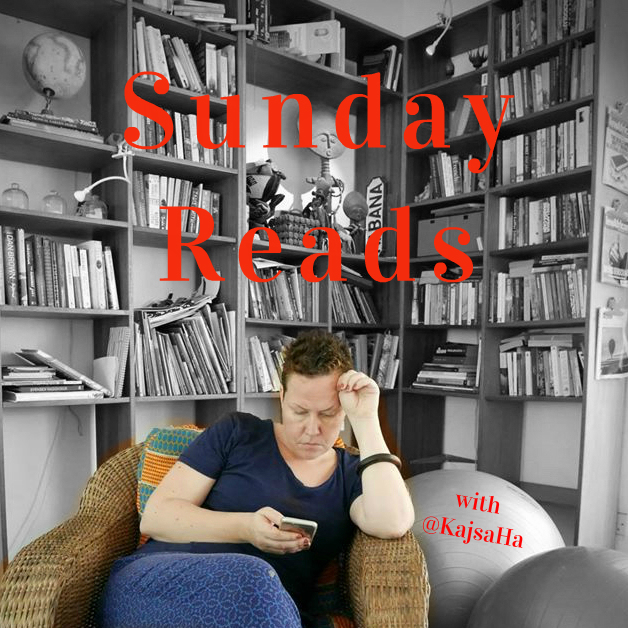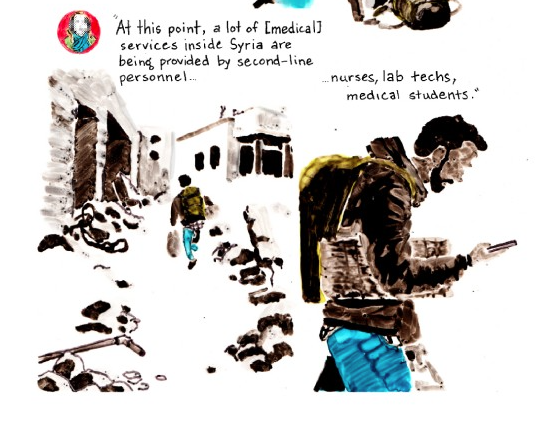

I wrote an article for The Conversation, a place where academics can write based on their research for larger audiences, called “Understanding Ghana’s students is key to fixing the country”. The inspiration was the Fix The Country protests that have been ongoing for months in Ghana.
I opened with some background,
“A great many African countries had shown steady economic growth in the decade prior to the onset of the COVID-19 pandemic. But all have failed to adequately create opportunities for the young people in their countries. With growing youth populations, creating paths for education and employment is a make or break issue for the continent.
But there’s also good news. Many young people are getting access to secondary education and an increasing number also university education. An increasing share of youth in Africa are university students, 9% in 2018.
In today’s knowledge economy, university students carry a key role in development. They are therefore an important group to study and understand better.”
My study on migration aspirations of university students in Ghana showed there were indeed interest in going abroad for at least on year, especially for studies. However a majority of respondents also wanted to return, and some (8%) also were not at all interested in living abroad. My main point in the article is that knowing the dreams and aspirations of young people is important in policy planning.
Similarly, a New African Magazine article series African Youth Speaks made room for African youth to speak their truth with the following motivation
“It is the responsibility of the older, more mature segment of a society to prepare the ground for the youth to thrive by providing quality education, training, mentoring, guidance, encouragement, sympathy and love and affection to the young, who have their own growing-up demons to deal with in addition to other forms of personal development. If this is lacking, the youth are cast adrift. “
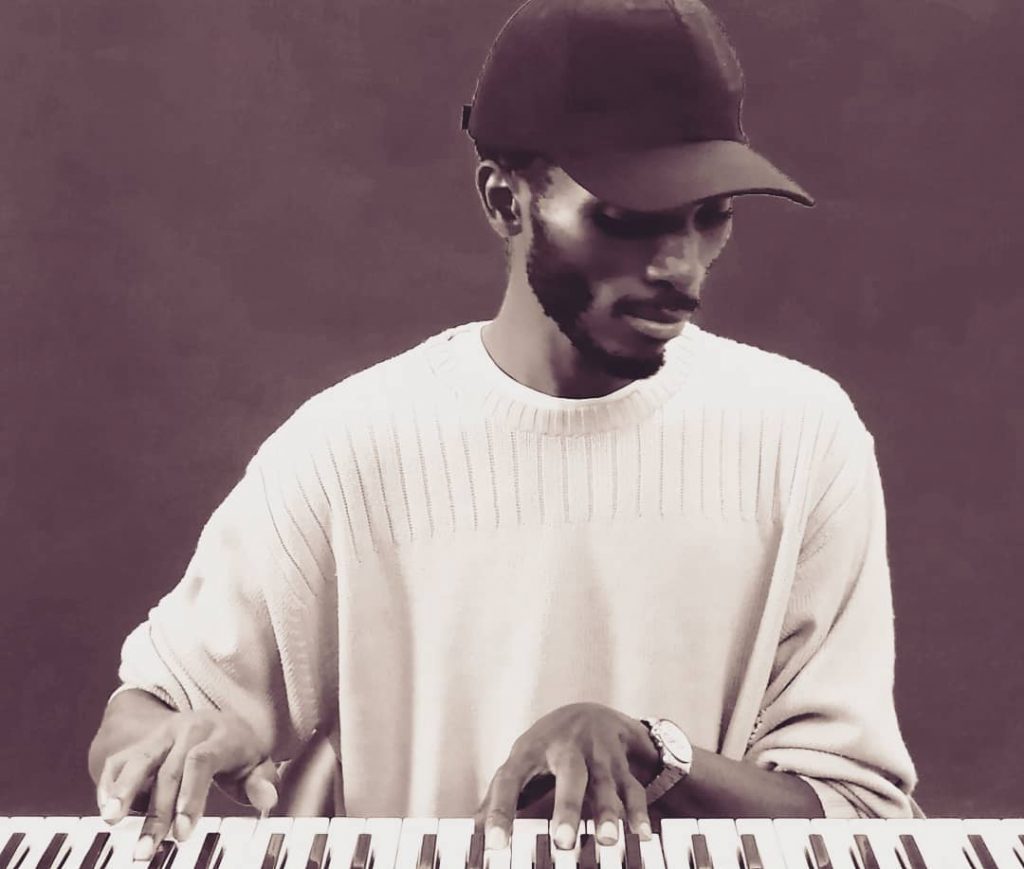
Kenyan music producer Wachira Warukira, writes in New African Magazine about how Covid hit his dream and business:
“I had started my music studio in July 2019. As with any other business, the first 5-6 months were awful, and I could barely break even. Like many other Kenyan young entrepreneurs, I was looking for loans, but nobody really supports a start-up.
With the new restrictions, which included the need to ‘work from home’, things changed quite rapidly. As a music producer, I had to have the artist in the studio physically. With the curfew laws, I lost all my clients.”
When this happened, I was one of the people Wachira called as he is an old student of mine. We talked about possible solutions in the meantime and he started applying for jobs. In the special Issue, Wachira admirably writes:
“After a few months of applying for jobs and getting rejected, I went back to the drawing board and came up with a hybrid business plan that allows me to either work with artists on site or online. I am still working hard to sustain the business, but I can say one thing for sure: my dream did not die. It just got better, and I will keep looking for ways to survive in this new normal. “
Wachira’s personal conclusion is similar to the findings of my research, that African youth are not “opting out” by migrating. Rather they are craving opportunities and making deliberate plans to be able to contribute and build at home.
Want to know more about this topic? Read the entire New African Magazine issue and my article on The Conversation. Follow Wachira Warukira’s work at Waruks Productions.

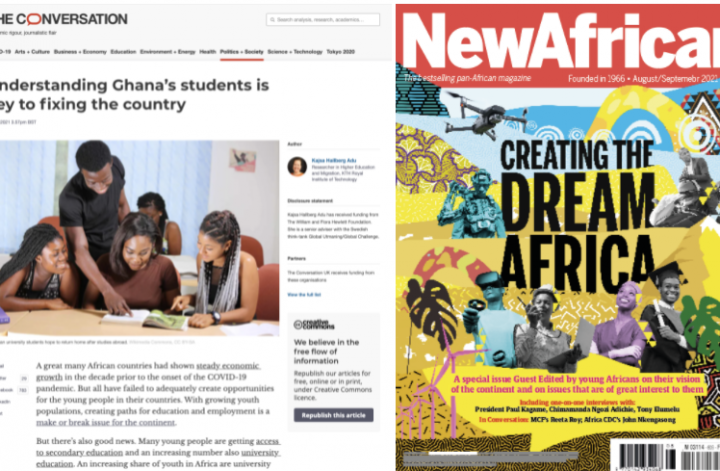
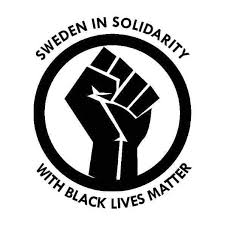
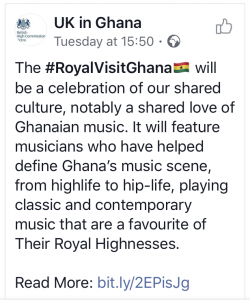
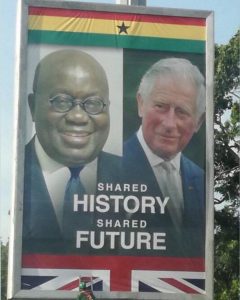
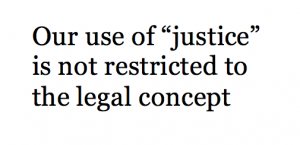
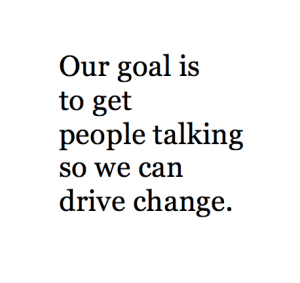
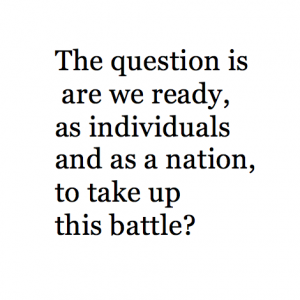
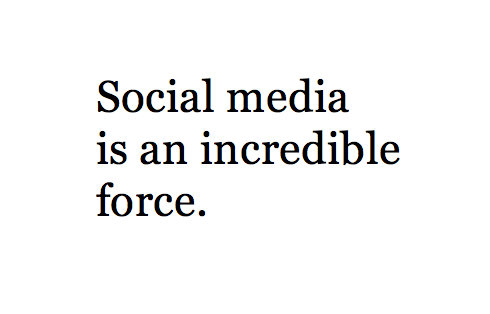
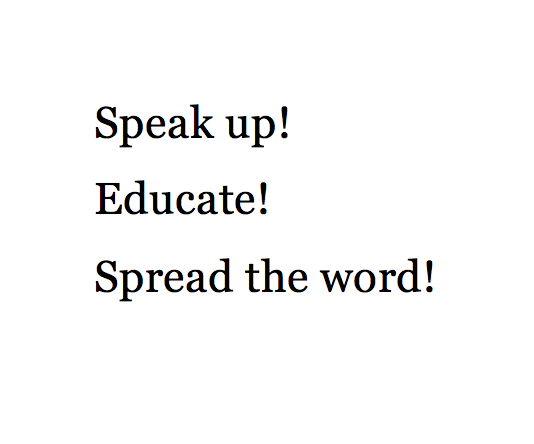
 Sometimes I despair: the problems are too many, the poverty too jarring, the madness to intense,
Sometimes I despair: the problems are too many, the poverty too jarring, the madness to intense, 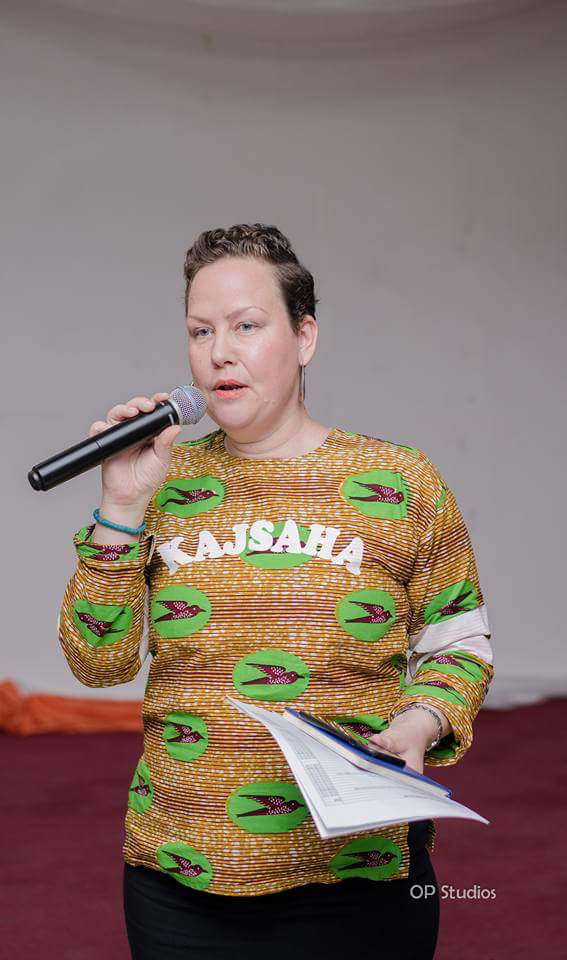
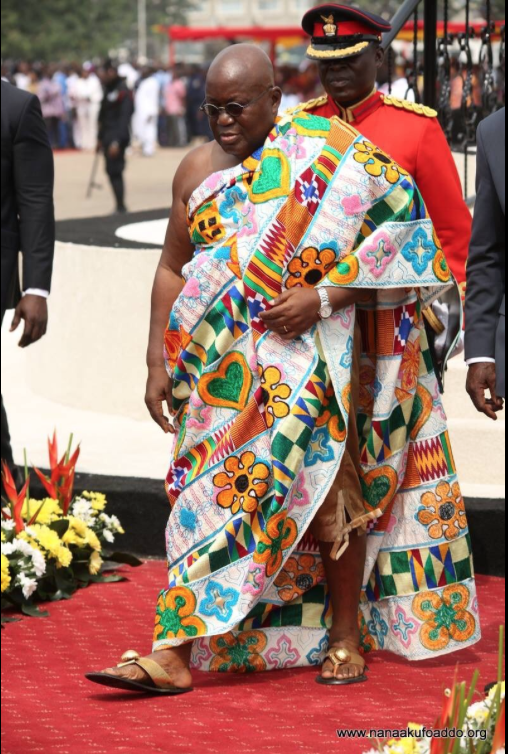

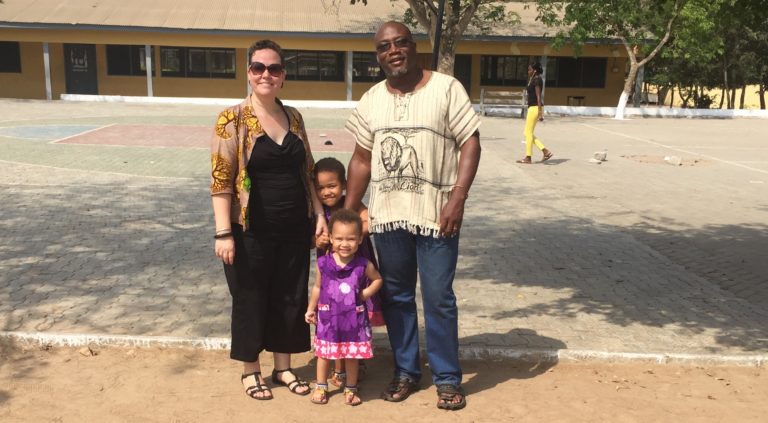 In the morning, my five year old asked:
In the morning, my five year old asked: